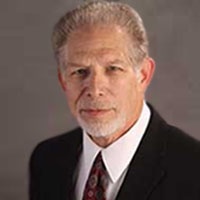BAIL
The money paid to the court, usually at arraignment or shortly thereafter, to ensure that an arrested person who is released from jail will show up at all requi...
(more...)The money paid to the court, usually at arraignment or shortly thereafter, to ensure that an arrested person who is released from jail will show up at all required court appearances. The amount of bail is determined by the local bail schedule, which is based on the seriousness of the offense. The judge can increase the bail if the prosecutor convinces him that the defendant is likely to flee (for example, if he has failed to show up in court in the past), or he can decrease it if the defense attorney shows that the defendant is unlikely to run (for example, he has strong ties to the community by way of a steady job and a family).


